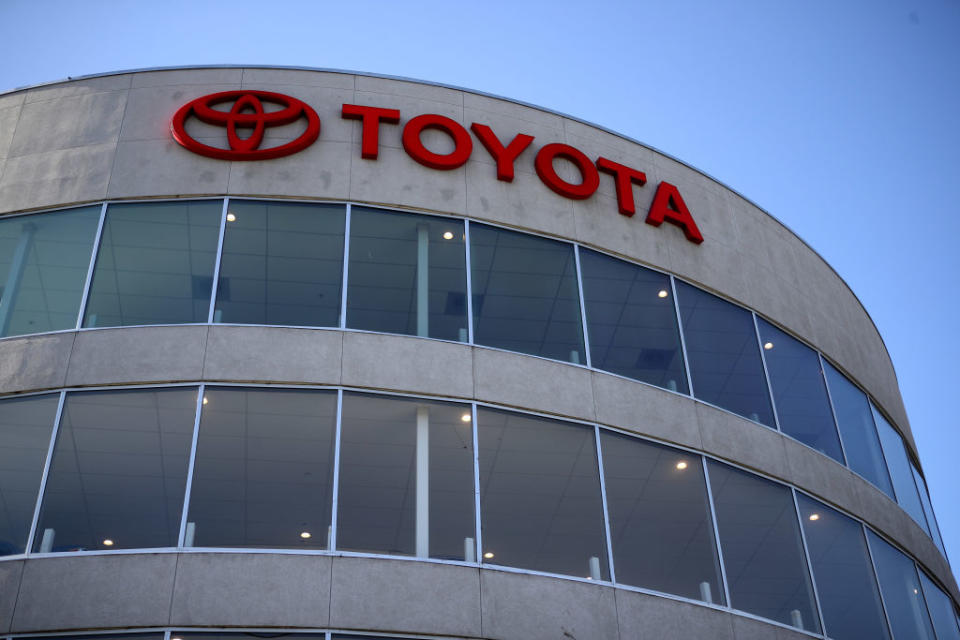Toyota considers investment in Derbyshire as automakers back post Brexit Britain

Toyota is considering two new UK investments at its Derbyshire car plant, involving the mass manufacture of hydrogen fuel cells, amid a show of confidence in the country from key automakers this year.
Britain has benefitted from carmakers’ renewed faith following years of post-Brexit skepticism, and more recent uncertainty over the date of a ban on the sale of new petrol and diesel cars.
Every major carmaker has so far announced some form of new investment or production in the electric vehicle (EV) space in 2023.
In an interview with the Financial Times, Matt Harrison, head of operations at Toyota in Europe, said the UK government’s recent decision to push back a ban on the sale of fossil fuel cars until 2023 had helped the group “remain competitive.”
“We are not facing any premature discontinuation or ban of hybrid [technology], and there’s a little bit more pragmatism,” he added.
Last month, Nissan revealed plans to put £2bn into producing new electric models at its vast Sunderland facility, alongside investment in infrastructure projects and the supply chain.
The company had for years questioned its commitment to the UK in a post-Brexit world and in 2022, closed one of its northern plants. Top executives recently played down the impacts of departing from the European Union, in a major shift in sentiment.
In September, BMW U-turned on plans move production of its electric Minis to China, as it revealed a major £600m pound investment in its plant in Oxford.
Following months of speculation, Jaguar Land Rover owner Tata Motors confirmed it had chosen the UK over Spain for the location of a £4bn gigafactory.
And Vauxhall owner Stellantis began production of electric vans at Ellesmere Port earlier in the year, although it has warned over the impact of looming post-Brexit tariffs on its operation there.
According to the Society of Motor Manufacturers and Traders, nearly £20bn in investment has been announced over the last year.
In a seperate statement, Toyota said on Monday it would ramp up its offering of battery-only models in Europe to six by 2026, in a bid to keep pace in Europe’s transition to electric fleets.
For the 10 months leading up to October, the Japanese automaker had the fifth largest market share in the European Union, although this declined year-on-year to around seven per cent.

 Yahoo Finance
Yahoo Finance 